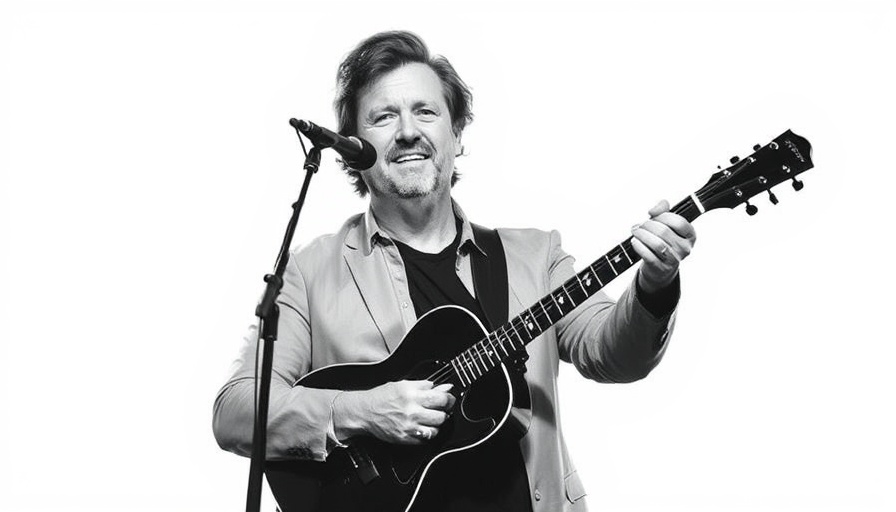
Why Artists Need a Pause to Rejuvenate
In an age where constant connectivity impacts how we experience art, there’s a growing recognition of the importance of taking breaks. Just as artists like LCD Soundsystem and Oasis had remarkable comebacks, it is essential to realize that these periods of silence often lead to their most profound works. Pausing allows creators to reflect, recharge, and innovate, often resulting in a creative renaissance that resonates deeply with both fans and new audiences.
A Historical Context of the Artistic Pause
Artists throughout history have understood the concept of retreat as a precursor to resurgence. Whether it’s the long breaks taken by prominent writers during critical phases of their careers or musicians stepping away from the limelight to rediscover their creative voice, the cycle of creation often requires a counterbalance of stillness and reflection. This is especially true in places renowned for their rich cultural legacies, like Barcelona and Kyoto, which offer not only inspiration but a necessary backdrop for artistic contemplation.
The Balance Between Work and Wellness in Creative Industries
For digital nomads, the concept of balancing creative endeavors with self-care can be challenging. Many modern artists, whether painters or musicians, increasingly prioritize mental health alongside their careers. This evolving perspective speaks to a broader cultural shift where taking breaks is celebrated rather than stigmatized. Festivals such as “The Pause,” held in various locations known for their vibrant artistic communities, underscore this new normal. They provide a space for artists to regroup and prioritize wellness, making indelible connections in the process.
What Does This Mean for Digital Nomads?
Digital nomads, often seeking inspiration from cultures around the globe, can learn valuable lessons from the artistic pause. Embracing a flexible lifestyle doesn’t mean constant productivity; rather, it allows for moments of reflection and personal growth. Engaging with local artists, sharing stories, and even participating in workshops teaches that creativity flourishes in a nurturing environment. For those traveling through the corners of the world, the message becomes clear: sometimes stepping back is the most significant step forward.
Future Insights: A Cultural Shift Towards Reflection
Looking ahead, the importance of artist pauses may reshape not only the art scene but also the way people approach their work. As the world becomes more interconnected, we’re seeing a growing recognition for the need for downtime. The momentum of artists like LCD Soundsystem serves not just as a reminder of what can be achieved after a setback, but also that rejuvenating pause is critical for long-term sustainability in creative industries. The culture of constant hustle is being replaced with a more holistic understanding of artistic expression.
 Add Row
Add Row  Add
Add 




Write A Comment